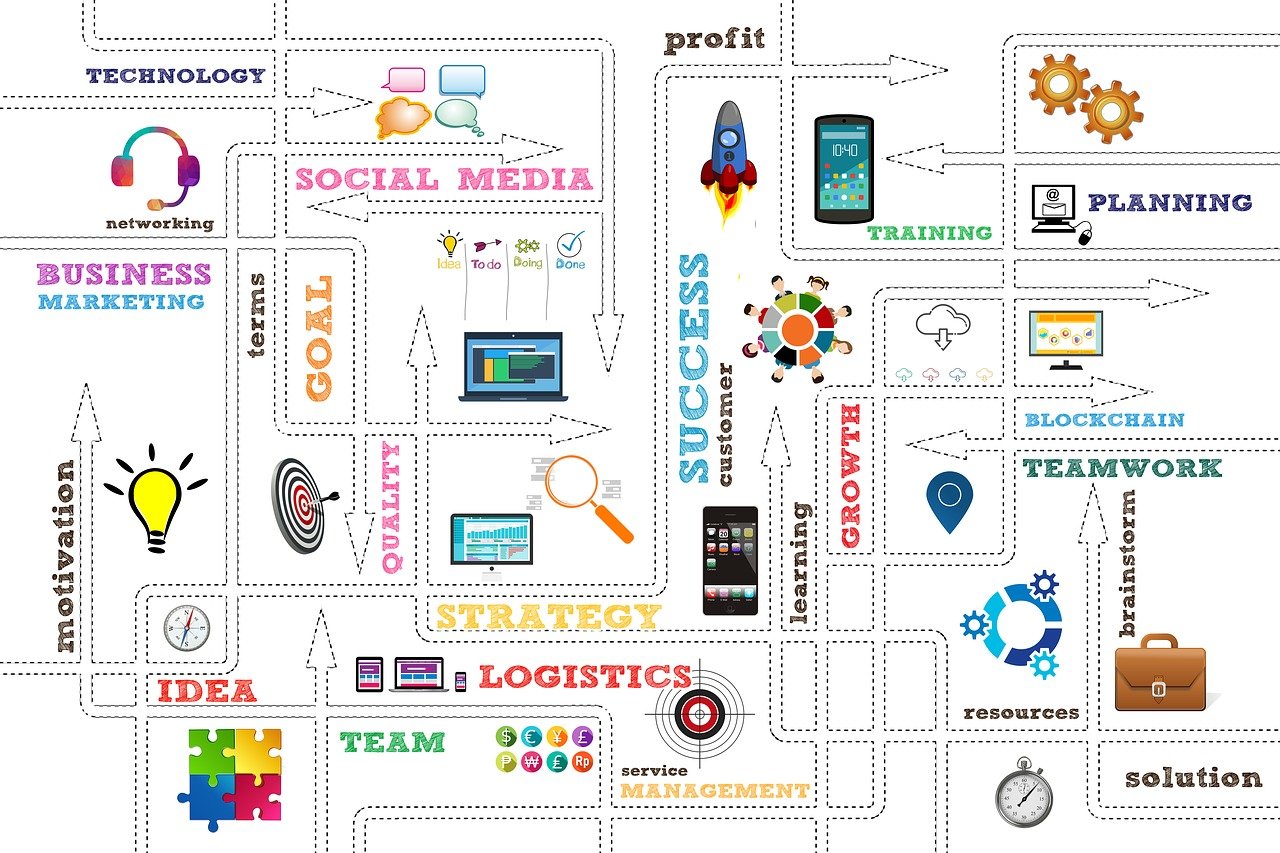The rapidly evolving landscape of product management shows that artificial intelligence (AI) is becoming transformative. The incorporation of AI into product management practices has revolutionized how products are developed, marketed, and maintained. From improving decision-making processes to individualizing customer experiences, AI is radically changing the future of product management in profound ways. This article discusses the significant areas where AI is making an impact and driving product management evolution.
Enhancing Decision-Making with AI-Driven Insights
Amongst other things, this paper will disclose how AI transforms decision-making for the better in the area of product management. Conventional product manager relies heavily on intuition and past data. In contrast, real-time analysis by AI algorithms can sift through massive amounts of data revealing patterns and trends not readily noticeable. Therefore, it enables product managers to make more conscious decisions based on predictive analytics.
For example, using information from various sources like social media platforms and customer reviews as well as purchase history; it becomes possible to predict consumer behavior using AI. Market demands can be anticipated, potential risks identified, and adjustments made to strategies in advance by product managers who understand these patterns. Product success likelihood goes up as a result of this predictive ability.
Automating the Product Lifecycle
AI is also involved in automating different stages of the product lifecycle such as ideation, from launch and beyond. In the ideation phase, AI-powered tools can analyze market trends and consumer preferences to identify gaps and opportunities for new products. Should inspire innovative ideas that respond to current market needs.
During development, AI may optimize workflows by automating repetitive tasks like coding or testing. For instance, AI-driven software development tools can write code, detect bugs, and make suggestions for improvements thereby reducing the time and effort required for a product to get into the market significantly. This means that not only is there a faster speed in coming up with products but also it leads to better quality and consistency.
In the post-launch phase, AI could monitor real-time product performance feedback from users. Through ongoing analysis of data, AI can identify issues, track user satisfaction levels, and suggest enhancements. Real-time monitoring ensures instant response to market changes and maintenance of a competitive edge.
Personalizing Customer Experience
Modern product management is all about personalization, and AI is at the forefront of this with tailored experiences for individual customers. Through employing AI, product managers can delve into the data and preferences of each customer, thereby creating highly personalized interactions. Such a degree of customization improves customer satisfaction as well as loyalty.
AI can suggest products or features based on a user’s past behavior and preferences. For instance, Amazon and Netflix make use of their AI algorithms to provide users with personalized recommendations that greatly enhance user experience. Also, AI chatbots are an example that when used in a business context may provide personalized support and assistance, giving quick fixes depending on individual demands.
Optimizing Product Roadmaps
Artificial intelligence is changing how product managers plan for and prioritize their product roadmaps. Traditional road mapping often involves manual processes and subjective decision-making. However, through analyzing large datasets, AI can determine which features or initiatives are most valuable to prioritize.
By way of considering elements like market demand, feedback from customers, and competitive analysis, AI can serve as a data-driven approach to roadmap planning. This ensures that resources are allocated to the most impactful projects to maximize ROI and drive product success.
Improving User Feedback through Sentiment Analysis Powered by AI
Feedback from users is an important tool for product managers but it is sometimes difficult to analyze this kind of feedback. Automatic handling and interpretation of user feedback originating from various sources such as reviews, surveys, and social media can be done with AI-powered sentiment analysis tools.
These devices may also indicate common themes, recognize emerging trends, and differentiate positive and negative sentiments. Managers should understand customer’s feelings to know their desires, points of pain, and areas for development. This will support them in making informed choices based on actual data while meeting the needs of their clients.
AI in Competitive Analysis
Remaining ahead of the competition is an ongoing struggle for product managers. Competitive analysis can be made faster and better with the help of AI. They can keep track of what others offer, how they do business along with market shifts using AI algorithms.
For example, as an illustration, AI can monitor competitive pricing strategies, feature updates, and marketing campaigns. By interpreting this information, managers can learn about their rivals’ strong and weak points enabling them to modify their plans in line with the current market requirements. These methods are effective in enabling products to compete favorably in the market.
Ethical Considerations in AI-Driven Product Management
However, although there are numerous advantages of AI, it is accompanied by serious ethical considerations that product managers must take into account. The application of AI in product management involves dealing with huge amounts of data often inclusive of customer personal details. Data privacy and security must be ensured for customer trust and adherence to legal stipulations.
Moreover, sometimes AI algorithms unintentionally produce biased results leading to unfair or unequal outcomes. Managers have a role to play in identifying bias within AI models to maintain justice and impartiality while making decisions on products. This needs dedication towards ethical practices of artificial intelligence such as open-book approachability across all persons plus constant checking.
Conclusion
AI is without doubt molding the future of product management by providing unmatched prospects for innovation and efficiency is transforming the management and delivery of products by improving decision-making, automating procedures, customizing customer experiences, optimizing roadmaps, and offering competitive insights. To ensure responsible and impartial use, product managers must, nevertheless, successfully negotiate the ethical issues raised by AI. The next wave of innovations in AI will surely come from its integration with product management, revolutionizing the sector and establishing new benchmarks for success as AI continues to advance.
Views: 0




Leave a Reply